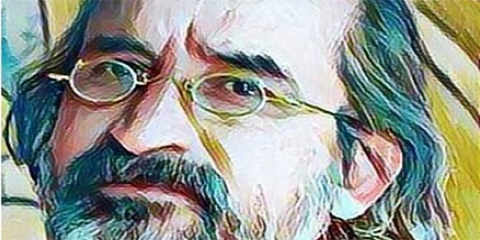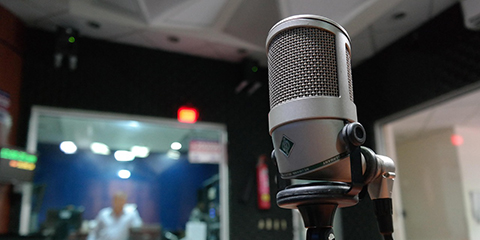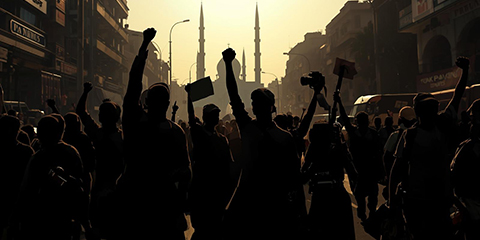Dictatorship and Drawing: Akhtar Shah's satirical journey through martial laws
JournalismPakistan.com | Published last year | JP Staff Reporter
Join our WhatsApp channel
ISLAMABAD—Akhtar Shah, a celebrated name in the world of satirical art, has made an indelible mark on the Pakistani media landscape with his sharp wit and poignant cartoons. His journey from an illustrator in advertising agencies to a renowned political cartoonist has been nothing short of remarkable.
Through decades of political upheavals, societal changes, and evolving media dynamics, Shah has consistently used his art to comment on and critique the world around him. In this exclusive interview with JournalismPakistan.com, Shah shares insights into his early inspirations, creative process, and the challenges he faces as a satirical cartoonist. He also offers invaluable advice to aspiring cartoonists and discusses his exciting future projects. So let's delve into the mind of Akhtar Shah, exploring the man behind the cartoons that have both entertained and provoked thought for decades.
Can you tell us about your early life and what inspired you to become a cartoonist?
My birth coincided with the first martial law followed by four similar experiments; they were comical enough to turn an ordinary guy into a fully blown cartoonist. From working in advertising agencies as an illustrator to becoming a political cartoonist spans a few decades. I was always into comics and a comic head.
How did your career as a satirical cartoonist begin?
It all started one fateful afternoon when I decided to share some cartoons with the senior assistant editor of The Muslim. I walked up to her office and presented my work, which she found interesting, and showed it to the editor. It went to print the next day, and just a week later, I was hired as the official cartoonist in 1987.
Can you walk us through your creative process when developing a new cartoon? How do you choose the subjects and themes for your cartoons?
I do not choose any particular event or person for drawing a comment. Instead, I look for goof-ups or a statement that lends itself well to a comment, followed by discovering the right metaphor for its depiction. Once that's done, you have a cartoon.
Have you faced any challenges or censorship due to the satirical nature of your cartoons? How do you navigate the balance between pushing boundaries and avoiding severe backlash?
Censorship, objections, and opposition to whatever a cartoonist produces are the norms of the day. Every creative work has its opposition from all sides, so one has to be careful. It is very easy for someone to accuse you of committing an offense you could never imagine. One must be very careful while drawing a cartoon.
What advice would you give to young and aspiring cartoonists in Pakistan?
To new cartoonists, I would ask them to switch to newer terms in the form of lists or sentences, terms more familiar to our present times. The rest of the rules remain the same. For the youth now in print, my advice is the same as Bob Marley's—he who fights and runs away lives to fight another day. Imagine the events unfolding today as being part of a written painting. Envision yourself as part of a large canvas, surrounded by all sorts of colors and a strong aroma of turpentine oil.
Are there any upcoming projects or themes you are excited to explore in your future work? How do you see your work evolving in the next few years?
Upcoming projects include a special child local Potohar character named Bhai Adha (brother half). The series would highlight this character's struggle against the odds. I have many memories and events witnessed during my career as a cartoonist, which I would someday put to print.

























